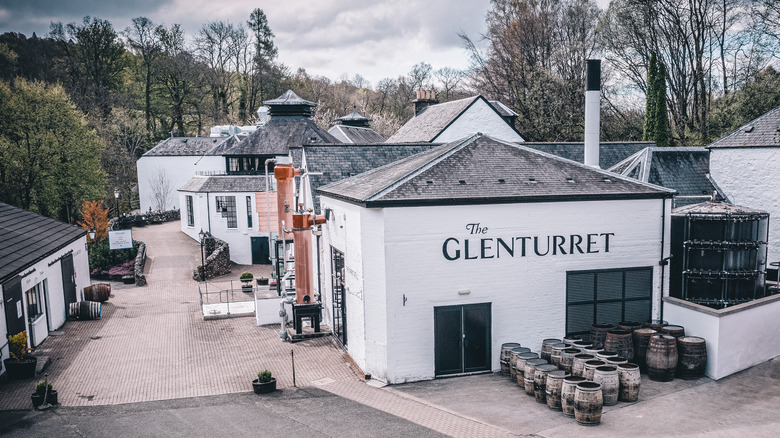Why Whisky Casks Are More Valuable Than Bottles
Though bottles of whisky have brought in some impressive resale figures, whisky casks have become a considerable option for investors looking to make wise choices in the industry. Historically, buying whisky casks was accessible only to those in the know, connoisseurs with connections, and insiders with established relationships, yet the emergence of brokers and traders helped break down such previously fortressed walls, and whisky casks are now available to those with enough money to put down for a purchase.
Whisky, the world's most traded spirit, becomes more precious with age. Though bottles of whisky may increase in value over time, the drink's maturation stops with packaging; casks of whisky, however, continue to develop and mature as texture, flavors, and tasting notes evolve. As the whisky ages, the value of the libation rises, and the potential return increases. One fortuitous purchase enabled a British man to retire after casks purchased nearly 30 years prior brought in an almost 4,700% return.
Bottles can be sold more quickly than maturing casks, but bottles can also be counterfeited. Casks are much more difficult to imitate, and the precious wooden containers are stored in government-bonded warehouses that are insured, guaranteed, and kept watch over by distilleries. Safeguarded by a distillery, there's less potential risk compared to having the investment tucked away in your own home.
Owning a drinkable piece of history
Yet it is not only financial incentives that can motivate buyers interested in purchasing casks, buying a cask means gaining access to a piece of history. "The fact a customer can own a part of a [distillery's] history brings an emotional attachment to the purchase and the experience of being part of the journey with the distillery is a special thing," The Glenturret Distillery's Ruaridh Jackson told Tasting Table.
Of course, no investment comes without the prospect of liability. Scammers have increasingly found ways to capitalize on the eagerness of keen investors, and risks such as damage to warehouses, stolen casks, the disruption of whisky production due to disaster or war, or changing government regulations that might impact the taxes and licenses required to trade or bottle whisky are always considerations. When purchasing casks, investors are advised to enter deals with reputable distilleries that have demonstrated appreciation of blends and offer legal certificates of ownership and insurance. Depending on the distillery, exit options include selling the cask, bottling it, using it for a blend, or letting the libation continue to age. Of course, there's also the option of celebrating your investment by pouring up drams for all of your friends.

